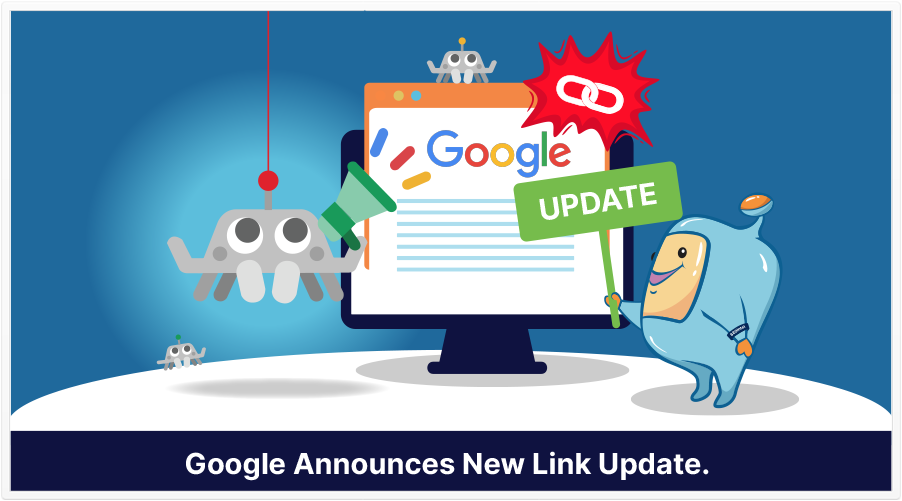
If you’re familiar with linkbuilding and proper SEO, you’ve probably heard of rel=”nofollow”, which is a link attribute that tells search engines not to consider that link for ranking calculations.
Well, there’s a newer attribute: rel=”sponsored”.
In an effort to minimize the impact of “link spam,” today, Google announced the launch of their “link spam update.” Said to be rolling out for the next two weeks, this update is supposed to be more effective at identifying and minimizing link spam, even in multiple languages.
NOTE: What I’m about to say is based on my own knowledge and opinions, and is not necessarily the position of Google or should be taken as professional advice.
And, from my interpretation, Google goes on to say that sites that “sites taking part in link spam [that don’t give commercial links an appropriate rel= value] will see changes in Search [which, to me, means a possible reduction in rank].”
What This Implies for Sponsored Links, Ads, Affiliate Links, and Linkbuilding.
So, there are a few things we need to consider:
Now, there may be some overlap among these, and there may be site owners who don’t do outright linkbuilding, but rather want to spread awareness of their brand, and may gain links that way.
For the purpose of this article, I’ll just keep the 4 aforementioned possibilities, and hopefully, that’ll give you enough information to make your own decision as to how to move forward.
First, we need to ask:
What’s the Difference Between rel=”nofollow” and rel=”sponsored”?
Strictly speaking, nofollow has to do with ranking (telling search engines not to consider the link in ranking calculations) and sponsored has to do with commercial, or the fact that there’s some type of monetary reason one website recommends or links to another.
So, going back to the 4 situations I mentioned above:
One thing I’m wondering about is: what if there’s a situation where a link is placed both for ranking purposes and is also sponsored?
I’m guessing you’ll have to pick one or the other (nofollow or sponsored), as I’m not sure if you can have both attributes on the same hyperlink.
Another question might be: what if a link was placed for commercial reasons, but it already has the nofollow attribute?
Well, according to Google’s current guidelines on paid links (that is, within the context of paid links, not necessarily ranking ones), either nofollow or sponsored should be fine.
The big takeaway is that if you partake in commercially- or rank-oriented linkbuilding, you may, as much as you can, want to apply the rel=”nofollow” or rel=”sponsored” attributes.
Source: Google Search Central Blog